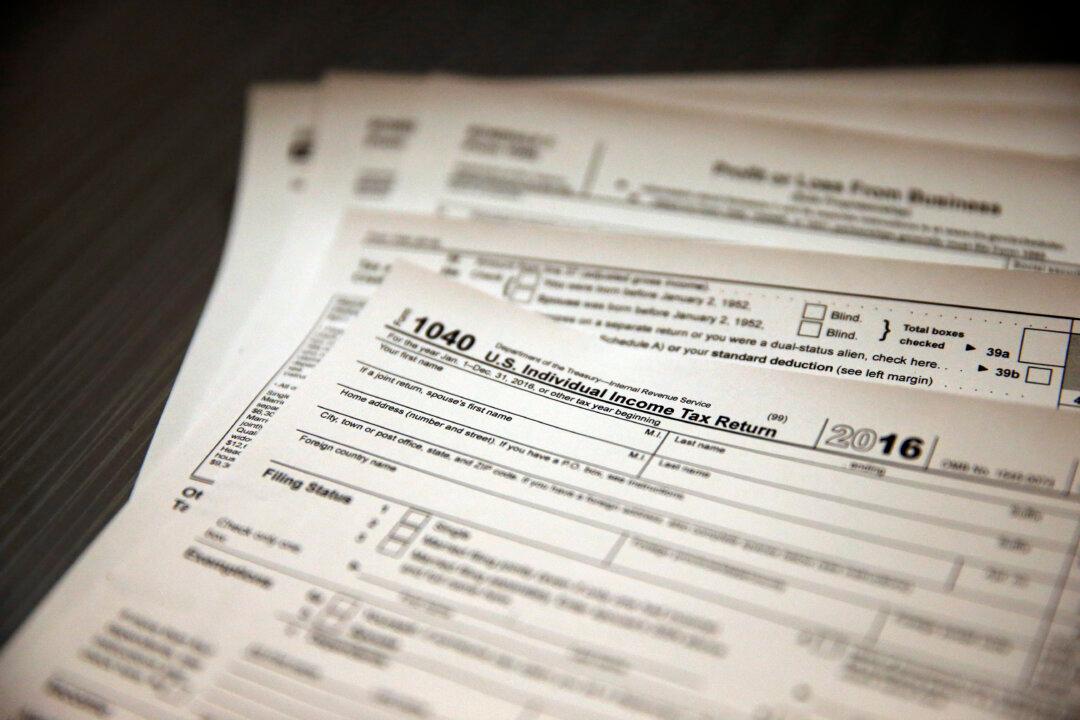U.S. taxpayers in so-called red states tend to get a better return on investment for their tax dollars, compared to high-tax blue states, according to a study for the 2023 tax season.
WalletHub, a credit score site, released a report on March 21 titled, “2023’s States with the Best and Worst Taxpayer ROI,” which showed a clear disparity among taxpayers in different states.





